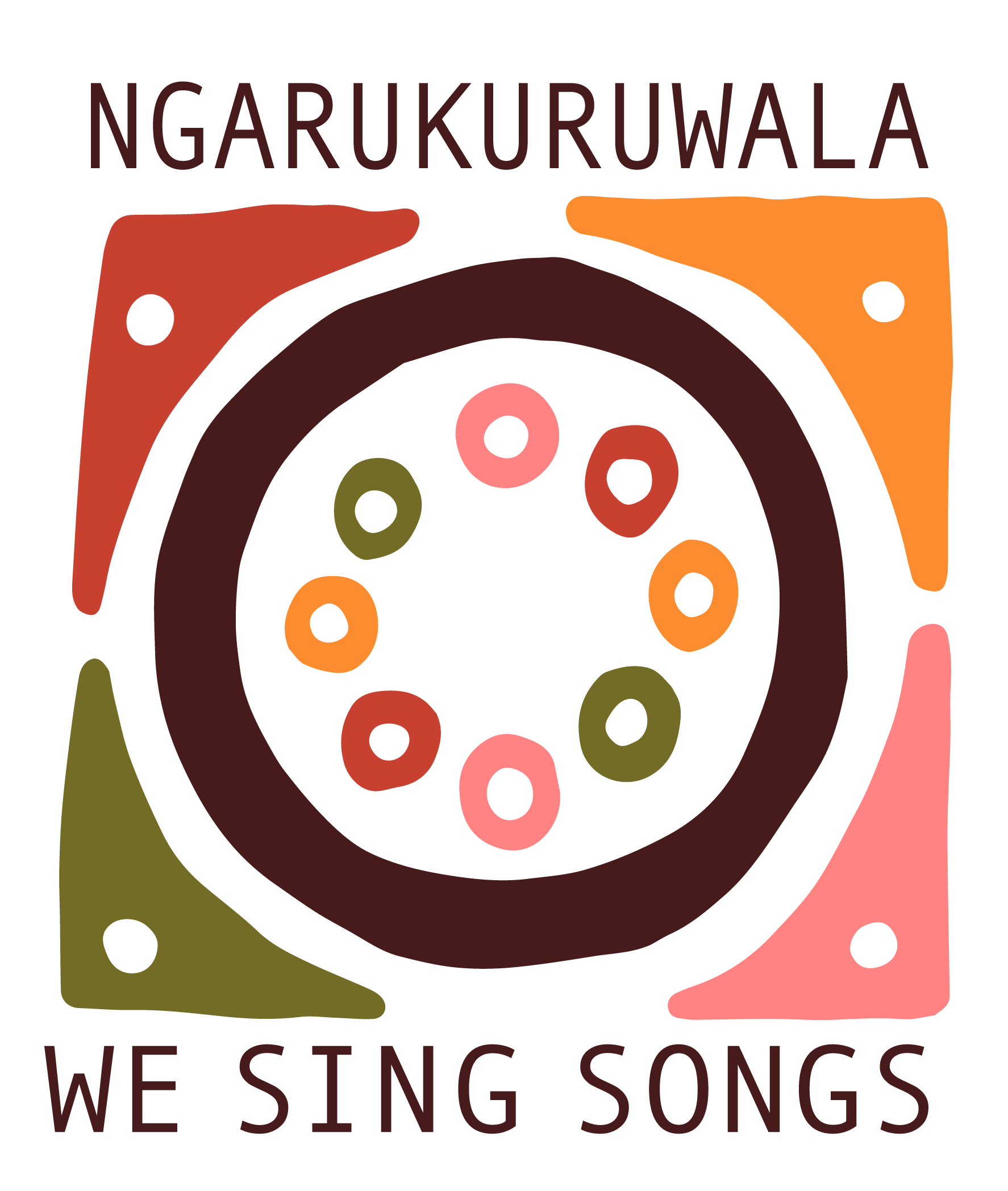Resources
Further Reading & Links
The following articles, books and sites might be of interest to you.

This chapter concerns the return of ethnographic Tiwi song recordings to the Tiwi Islands, northern Australia. I explain how the recordings have been received by the community…

Genevieve Campbell and Teresita Kilapayu Puruntatameri in Collaborative Ethnomusicology: New Approaches to Music Research between Indigenous and Non-Indigenous Australians Melbourne: Lyrebird Press.
As an Indigenous and a non-‐Indigenous Australian, we are co-‐members of “Ngarukuruwala -‐ we sing songs”, an ensemble that brings together senior song-women from the Tiwi Islands…
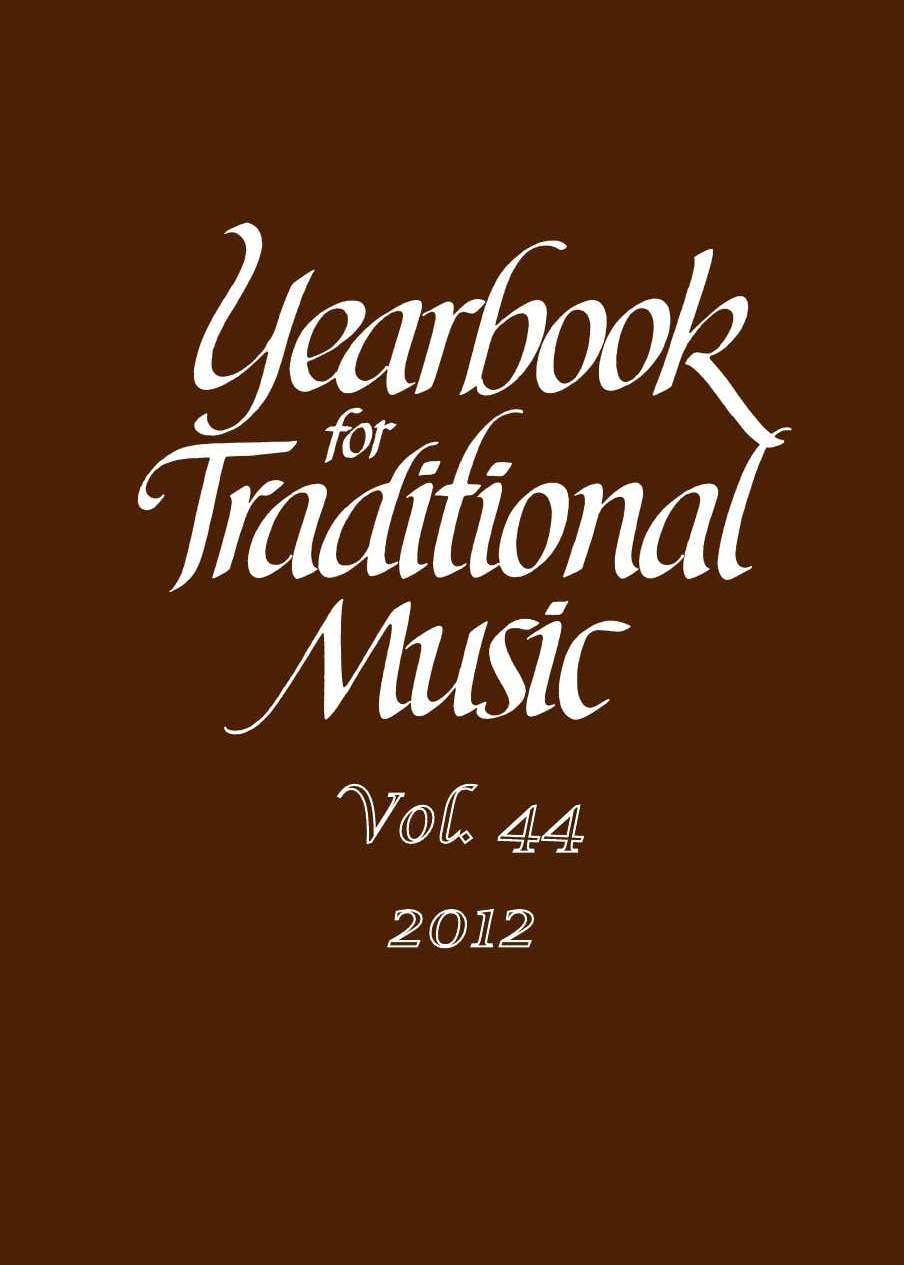
The Strong Women from the Tiwi Islands (northern Australia) are concerned that young Tiwi people are straddling two cultures; losing their language and their Tiwi identity.
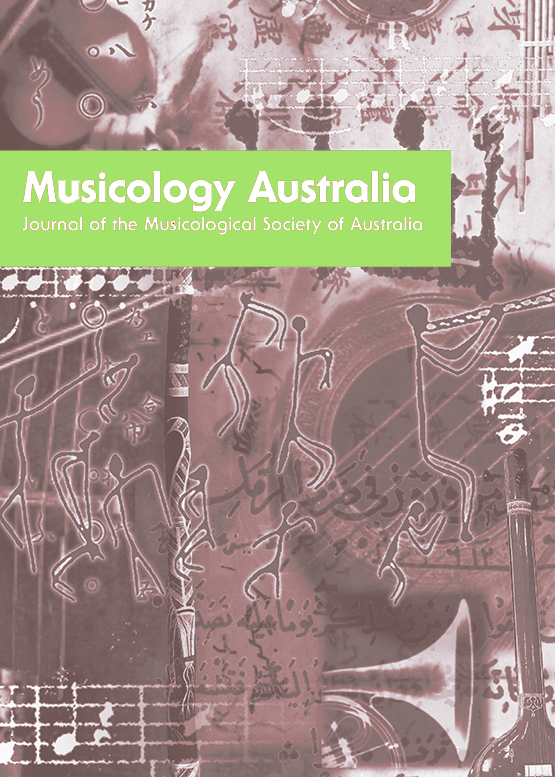
Tiwi traditional song practice is defined by the improvisation of an occasion‐specific song within an intricate linguistic and musical framework. Historically the Kulama ceremony (part of a graded system of ritual instruction) was the main focus of song learning and performance by both men and women.
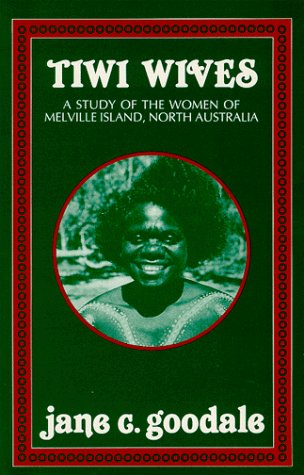
Jane Goodale. (1971) University of Washington press
Although the Tiwi people of North Australia have been studied before, Goodale’s approach adds a significant dimension–from the perspective of the Tiwi woman as she changes through her life course from birth to the rituals performed after her death.
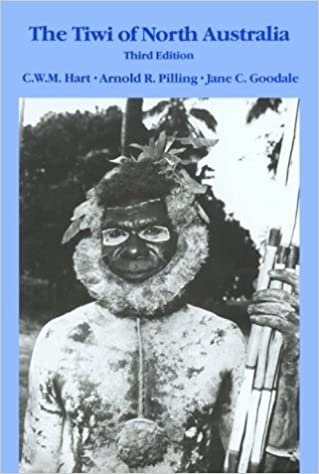
C.W.M A.R. Pilling, A.R. (1960) Holt, Rhinehart and Winston. New York
An examination of the Tiwi culture from the late 1920s to the 1980s that provides a picture of cultural change and modernization in a hunting and food gathering tribe. The first half focuses on marriage contracts and their relationship to other aspects of Tiwi social structure, and the second half examines the Tiwi’s response to modern influences.
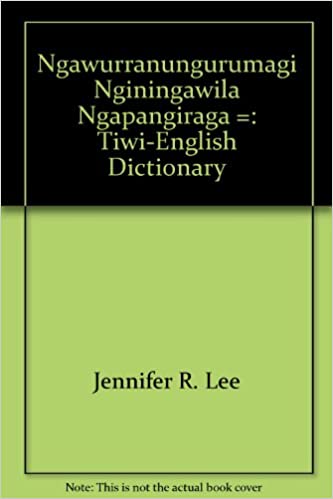
Jennifer R. Lee (1993) The Summer Institute of Linguistics. Darwin NT.
More links:
Australian Institute of Aboriginal and Torres Strait Islander Studies
PARADISEC – The facility for digital preservation and access to endangered language and music from the Asia Pacific.
The National Recording Project for Indigenous Performance in Australia
